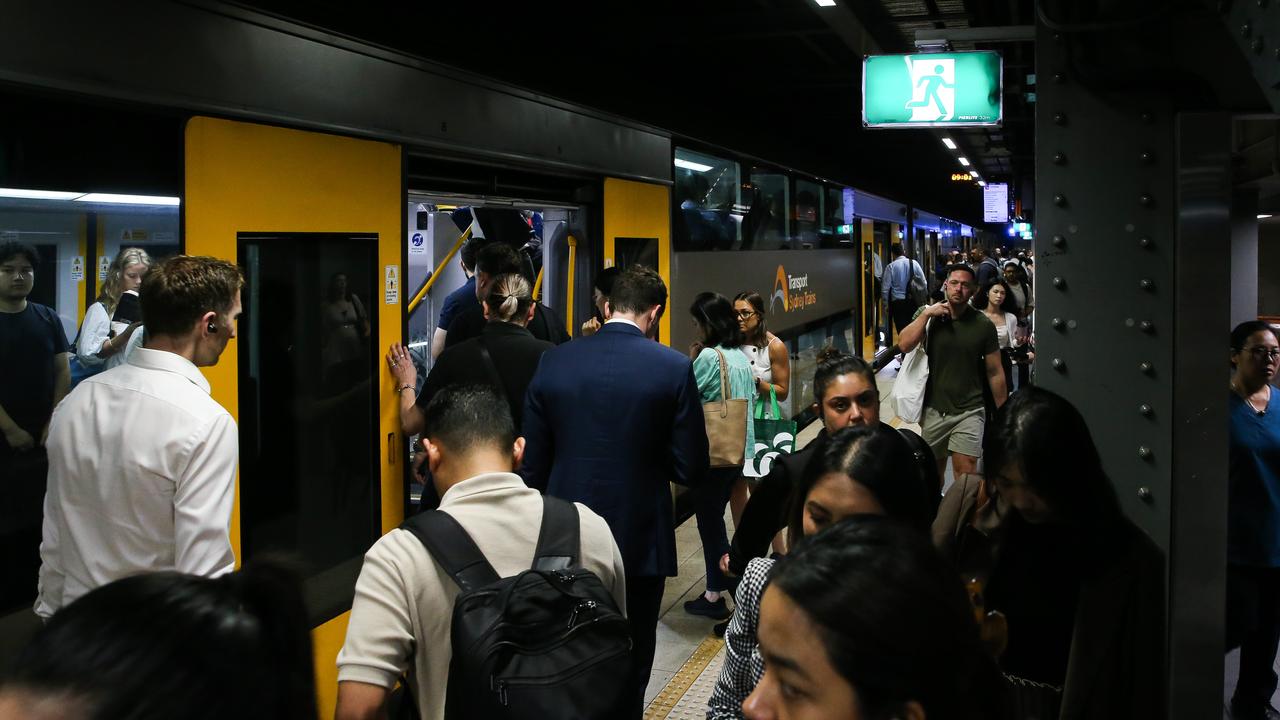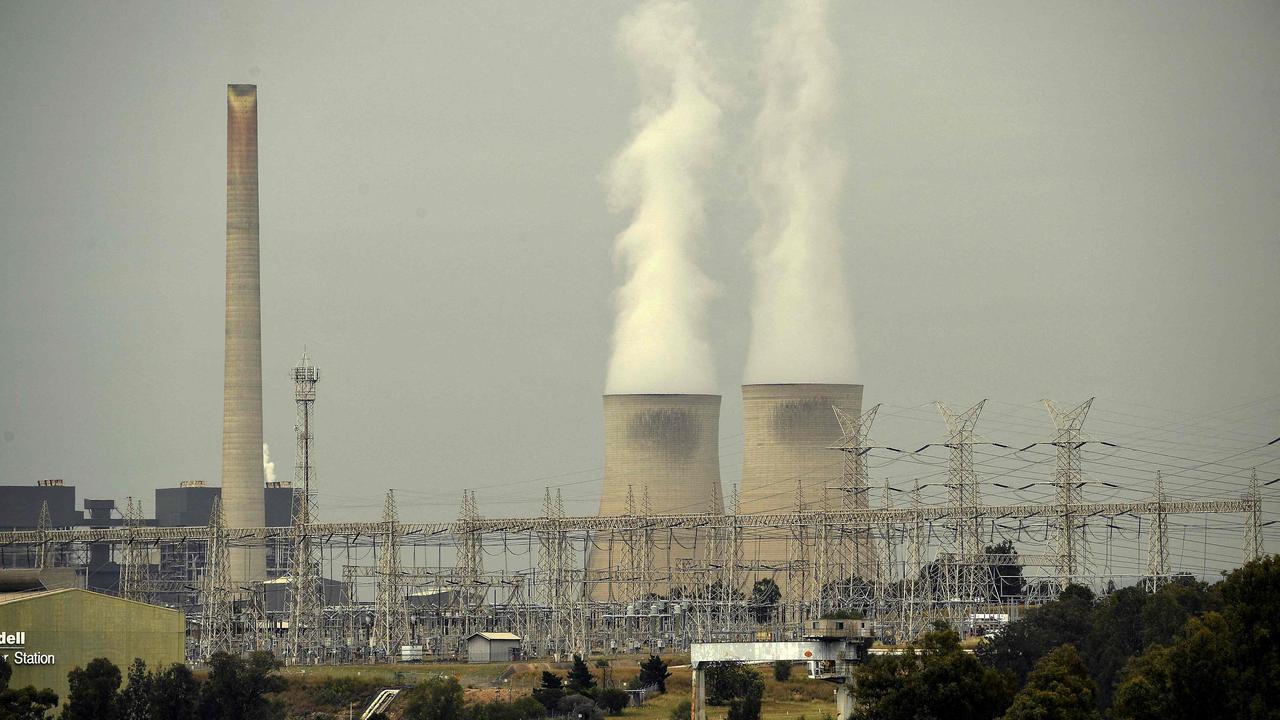Rural GPs: Forgotten yet vital in disaster response, need support
The Royal Australian College of GPs is calling on the government to provide more help to local practices in the regions where natural disasters have struck.
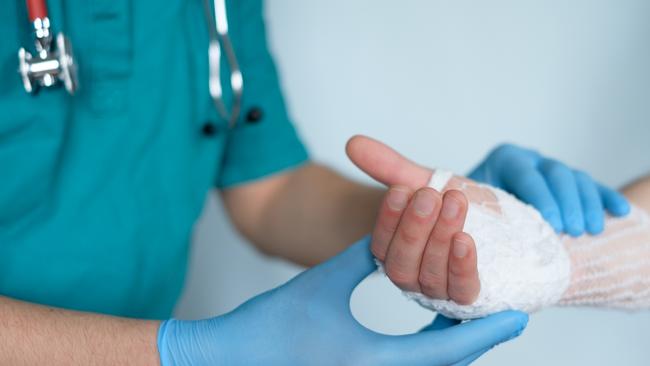
The Royal Australian College of GPs (RACGP) is calling on the government to provide more help to local practices in the regions where natural disasters have struck.
The calls come as GPs gathered for this year’s College’s annual Practice Owner’s Conference in Cairns over the weekend, where the issue, as well as the lack of GP input into disaster response was discussed.
RACGP Vice President and Rural Chair associate professor Michael Clements said GPs and the work they provide often go forgotten in emergency situations.
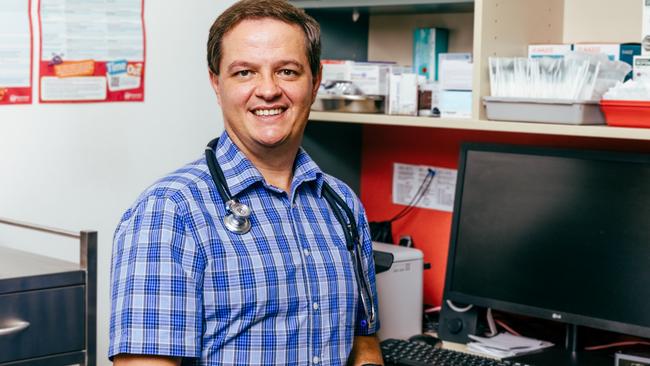
“When disasters like floods or cyclones strike, GPs roll up their sleeves and get to work,” he said.
“However, too often, we are not front of mind in disaster planning, preparation, response, and recovery, and that must change.
“We’re the ones on the ground helping our patients, and we are there to pick up the pieces in the aftermath, including helping people affected by trauma who have lost loved ones, or their homes or businesses.
“It’s not just the physical injuries we are concerned about, we care for patients with mental health issues who turn to their GP during the worst time of their life.”
Mr Clements said GPs are “treated as an afterthought” when natural disasters strike communities and that needs to change, quickly.
“This must be rectified, because as things stand we are doing everything we can with one arm tied behind our backs,” he said.
“In coming years, climate change will exacerbate the severity of natural disasters, including bushfires and floods, so we have no time to lose.”
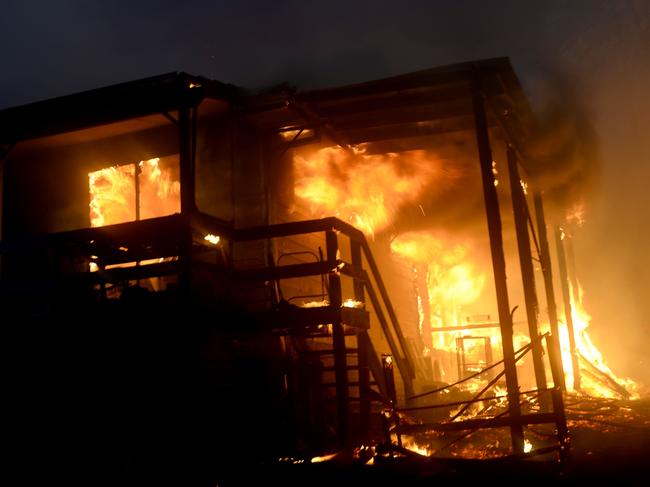
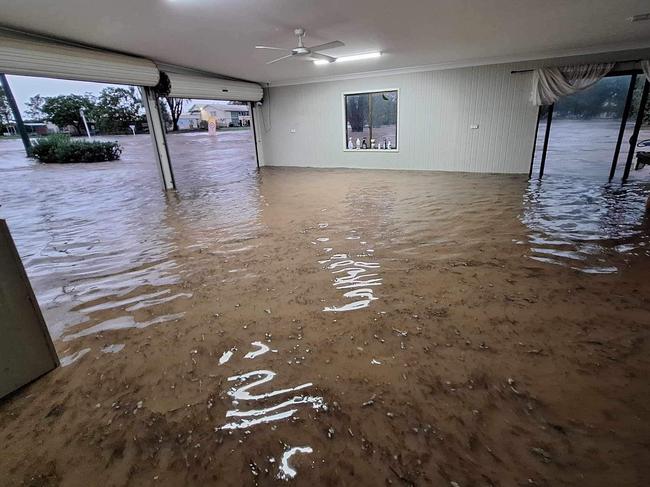
Cairns-based GP Dr Aileen Traves who is often on the front line of natural disasters in tropical Far North Queensland said GPs in the region were under recognised for their efforts over the cyclone impacted summer period.
“I worked through Tropical Cyclone Jasper and the subsequent catastrophic flooding in Cairns in December last year,” she said. “Along with many other GPs, I cancelled Christmas leave plans to help provide support and critical medical services to our local community.
“I can tell you that we worked some enormous hours during those weeks, and that being able to provide both on the ground and telehealth services to our patients who found themselves isolated and unable to reach the practice was invaluable.
“Patients really appreciated being able to seek advice from their usual GP.”
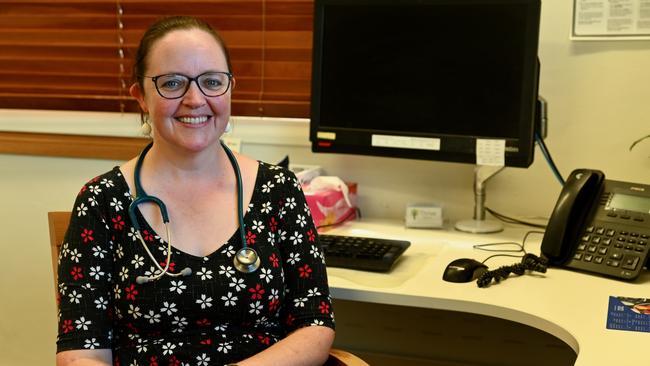
Due to a lack of support GPs were often handcuffed from being able to provide all the help they wanted Ms Traves said and they need to be involved more at disaster centres.
“My experience was one that many GPs have experienced across Queensland and Australia, but we are held back from doing all we can to help patients in need,” she said.
“That comes down to a lack of consistent communication and co-ordination from the disaster response team, and this is why GPs must be embedded in disaster planning and management.
“That way we will be working to our full capacity once flood waters rise or a cyclone bears down on us.”
Ms Tavares said GPs were trained to handle natural disaster scenarios so their lack of input when they strike didn’t make sense.
“When you consider that every single practice does disaster planning as part of the accreditation process, and the critical role we play during natural disasters and in the aftermath, it’s nothing short of senseless that we’re not included in local, state, and national-level planning,” she said.
“GPs and practice teams in communities nationwide are doing a tremendous job; however, we could do so much more for our communities if the government had our backs.”
The RACGP says GPs will always do whatever they can to help those affected by natural disasters, but with government funding and more input, the impact of that could be even greater.




